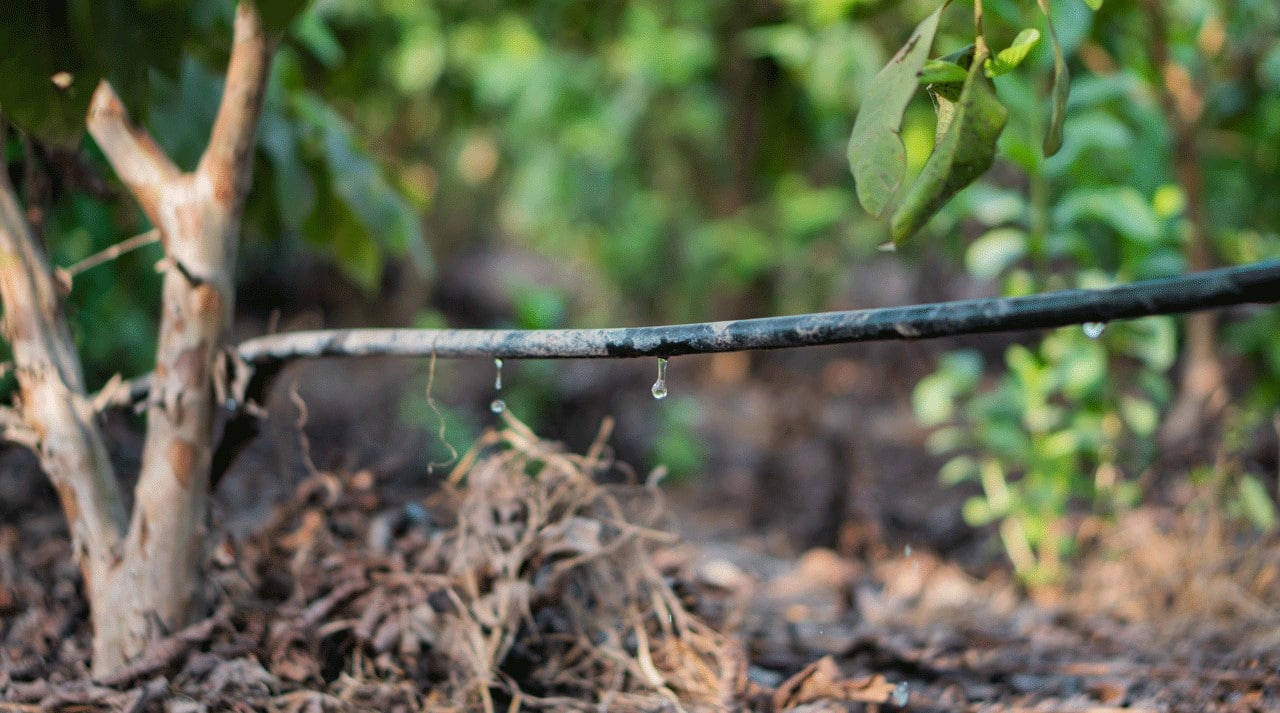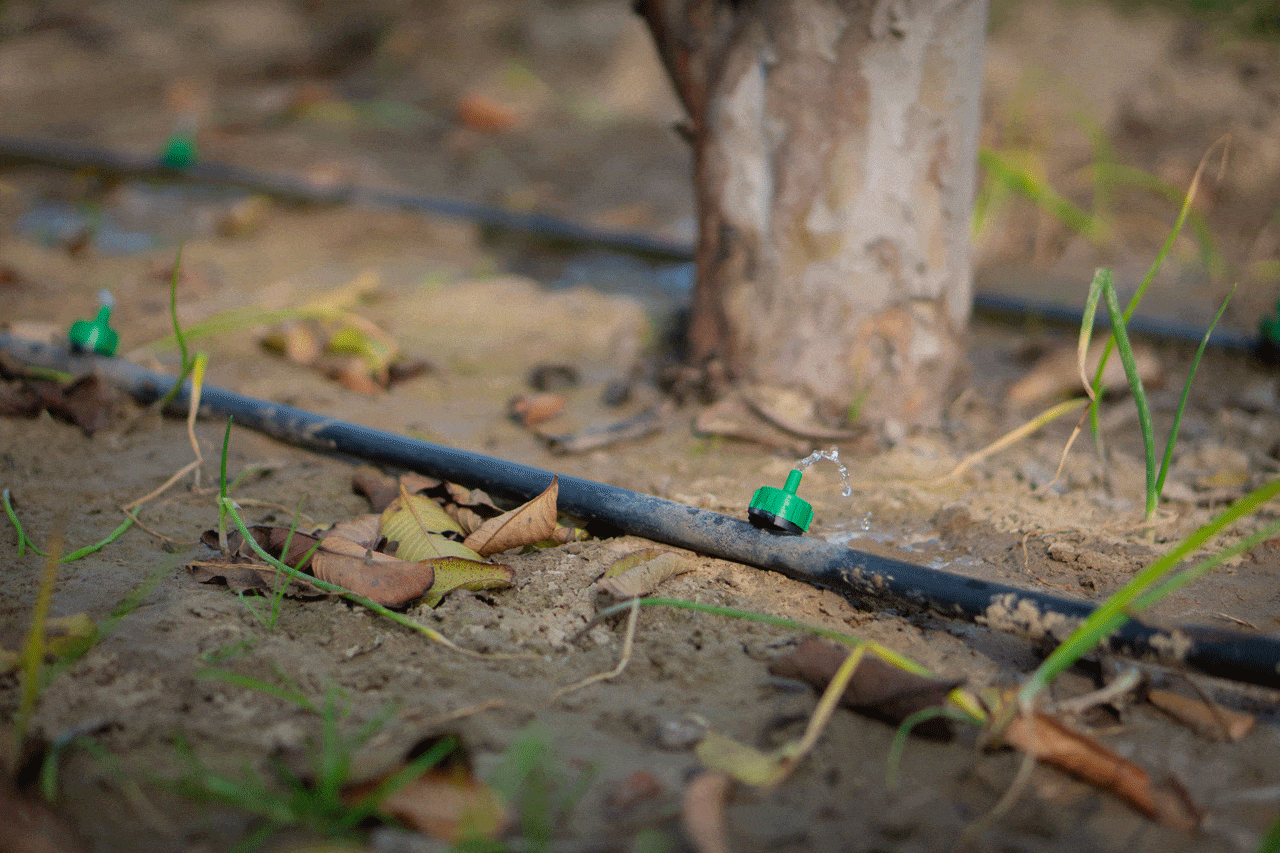Imagine living in a country where 39 percent of the workforce is recruited in the agriculture sector (according to the labor force survey 2017-2018) and yet the country is on the verge of undergoing a major water shortage in the near future.
The issue at hand is not just the exhaustion of limited water resources but also the poor management of the available water sources. It is astonishing that more than 90% of the country’s water resources are used by the agriculture sector along with wastage as high as 50%. Yes, this is the portion consumed by just one sector.
Now, the question here is that where are we going wrong? Is it the inefficient water recycling strategy or the inadequate storage capacity? Could we do something to introduce scientific farming technologies that can help us in conserving more water?
There is no doubt that the mismanagement of freshwater sources is a challenge for Pakistan. Given the fact that we qualify for having the maximum number of glaciers in the world, we still don’t use the available resources optimally.
If we narrow down the wide variety of barriers towards optimally using the country’s water resources, water mismanagement in the agriculture sector, coupled with water wastage, can top the list. Being an agricultural economy, our water supply is primarily affected by the water demand in the agriculture sector.
Only using freshwater resources optimally within this sector can help create a significant impact. Since water is a shared resource, it calls for collective action to conserve it for future generations. No single entity or sector can ensure significant water savings alone, which is why there is a need to create partnerships in terms of modernizing the agriculture sector/farming techniques in Pakistan.
It is worthy to mention the work already underway in this regard. Following its sustainability roadmap, Nestlé Pakistan introduced its Caring for Water-Pakistan (C4W) initiative focusing on three components: Factories, Communities, and Agriculture.
Nestlé is the first company in Pakistan to have all its sites certified by the Alliance for Water Stewardship (AWS) Standard. AWS is an international standard for freshwater resources that guides organizations to manage water by taking site and catchment initiatives through stakeholder inclusive processes.
Similarly, as part of its ‘Communities’ component, Nestlé Pakistan has installed 6 Safe and Clean Drinking Water Facilities around its area of operation providing access to safe and clean drinking water to 60,000 people every day.
Following its collective action approach, the company has partnered with Agriculture Department, the Government of Punjab, the Pakistan Agricultural Research Council (PARC), and the Center for Water Informatics and Technology (WIT) at LUMS to promote sustainable and precision irrigation technologies i.e., drip irrigation and water sensors respectively.
Together with the Government of Punjab and PARC, they have installed drip irrigation on 152 acres gauging 428 million liters of water-saving. Drip irrigation is an irrigation method that involves watering the soil at low rates from small diameter plastic pipes fitted with outlets called emitters or drippers.
It waters the crop close to the root level resulting in water-saving by 30% – 40% (compared to traditional flood irrigation), improved crop productivity, and a cut in the input cost.
Similarly, the company has worked with the Center for WIT at LUMS and introduced low-cost soil moisture sensors that read the moisture level of soil and send regular data updates to farmers. It helps the farmers to avoid under/over-irrigation of crops resulting in 10% – 12% water saving with an improved yield.
Initiatives such as these set out a great example for others to follow when it comes to shared challenges such as water. As mentioned earlier, water is a shared resource and it requires collective action by all stakeholders to address the shared water challenges.
Other companies like Nestlé, which are good water stewards, should also come forward and help beyond their fence to sustainably use shared water resources for future generations.






















